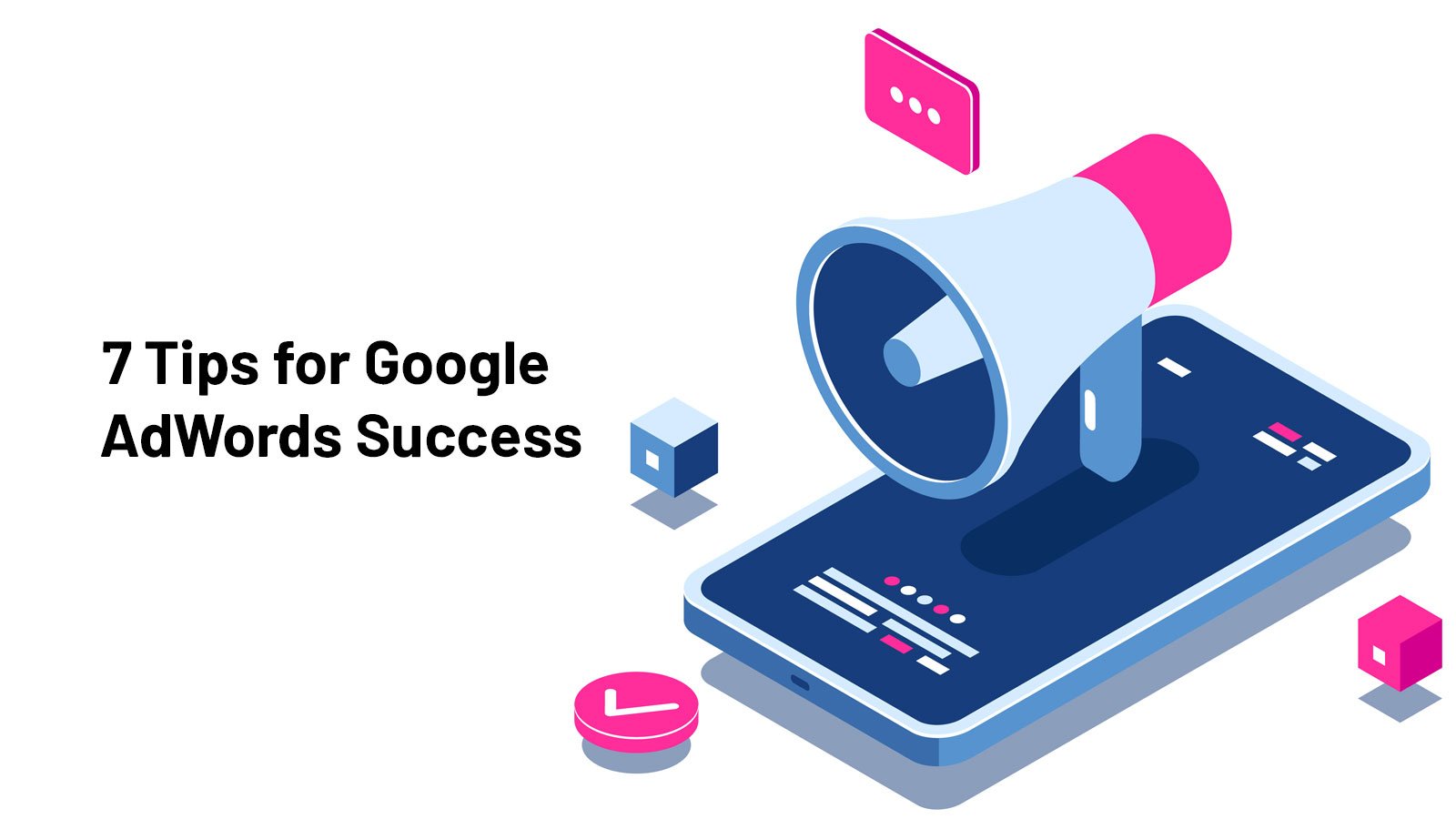Everyone who has ever been involved in a digital marketing campaign, either directly or indirectly, must have come across Google AdWords. This marketing tool was developed to assist companies in promoting their services and products online and since more and more people are relying on finding information on the Internet, it’s clear why the importance of a proper digital marketing strategy has been rapidly increasing. With Google processing hundreds of millions of searches every day, the opportunity for people to get more familiar with your offer is something you can’t afford to miss.
Another thing to bear in mind is that paid search marketing can actually bring benefit to all types of businesses. One of the biggest attractions is the pricing model since it’s quite competitive and relative to a company’s budget. Even startups, known for usually operating on a shoestring budget, can afford AdWords, which offer precise targeting and measurability, along with great reach. However, to enjoy this amazing ROI, you need to manage and set up AdWords properly. To help you with that, here is a list of the most important tips.

Clear goal
Like with most other business-related activities, it’s vital that you have a clear goal. This goal needs to be both achievable and measurable. For example, you should set a goal to increase sales by a certain percentage, rather than to raise brand awareness (since you can’t really measure it precisely). The advertiser should know what specific action they’re trying to get their target market to perform, such as making an online purchase. So, before you start your AdWords campaign, have a goal clearly identified and know who you’re going to measure the results.
The client
Always bear in mind your target customer when creating your ads. You want to draw their attention, raise their interest, persuade them that they need and want your product or service, and lead them towards taking action. In doing so, you mustn’t mislead them. The ads you create should be completely accurate for the landing page advertised. Your top targeted keywords should be used in the content included on the landing page. Make sure that each ad group is relevant for the landing page you’re promoting and that it’s displayed only for relevant queries.
Choosing keywords

Another important task is to create a list of specific keywords that prospective clients would probably use to find you through search engines. The Google keyword tool is a great place to start and it doesn’t cost you anything. However, you shouldn’t make the common AdWords mistake of focusing solely on positive keywords that bring your traffic.
Negative keywords
You must not forget to use negative keyword targeting, since negative keywords are those related to other keywords in the campaign that are not related to what is advertised, thus further qualifying the ads within a campaign and ensuring ads don’t show to users who wouldn’t find them relevant. Negative keywords also help to streamline your ad, presenting it on more relevant search results pages. This drives better quality traffic, leads to your landing pages, and improves your Google AdWords quality score.
Supporting organic traffic
Though every company would love to be able to rely exclusively on free search engine traffic, it’s simply not a sound idea. It takes about 6-12 months to get an SEO campaign up and running, while a well-designed AdWords campaign takes effect and generates results almost instantly. Such a campaign allows you to have more control over the consistency of the traffic you get, which is why all reputable marketing experts suggest a combination of SEO (search engine optimisation) and PPC (pay per click) to achieve a wide presence on the web.
Never stop testing
Like every other thing in business, your AdWords campaign needs to be tested continuously. Luckily, it’s the world’s easiest testing engine, which allows you to test new ad text and landing pages and let Google tell you which ones work best. What’s more, you can test positions. Even if you appear no. 1, it doesn’t mean you’ll get all the clicks. Sometimes, no. 2 and no. 3 generate just as many clicks, but at a lower cost. So, testing your offers and messaging with AdWords before launching right into production and sales is an excellent option, which needs to be exploited.
Tracking

You can obtain a huge amount of data via AdWords reporting, Analytics and other tools. What’s more, you can precisely track the effectiveness of each phrase, from the most frequently searched to the most profitable search phrase. Being in possession of such information can help you rank your website highly in the organic results, which is the ultimate goal of each digital marketing campaign.
These are just some of the most important tips when it comes to using AdWords. If you approach this issue appropriately, you’re bound to see the results of your effort very quickly. As you can see, this aspect of marketing is something that doesn’t only help you, but also something that simply has to be tackled skilfully if you wish your company to get greater visibility and reach.


